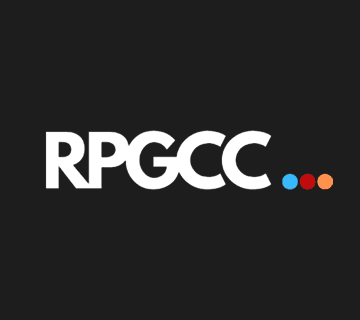Sustainability powered by your employees.
Engage your workforce in climate action - no forms, no guesswork, just automatically collected, measured data, and meaningful rewards.

Kay Merryman
Head of Marketing at RPG Crouch Chapman
Working with Kora has been excellent. Their intuitive platform has helped our team embrace sustainable commuting while driving collaboration. The support has been outstanding, making this a truly valuable partnership. Thank you to the Kora team for their expertise and commitment!
When millions record their impact, change becomes visible
Many believe their individual actions are too small to matter in the fight against climate change. But your daily choices already create change. We help measure and multiply their impact across communities
Learn more

Record & Earn
For every 100g of CO2 you avoid, earn 1 KORA. Your daily sustainable choices automatically convert into rewards. No crypto, no tokens - just a simple measure of your positive impact
Real Rewards
Use your earned KORA for exclusive discounts on sustainable products. Every KORA spent creates a carbon neutral at point of sale event, creating a cycle of positive impact in the market
Double Impact
Each KORA represents real carbon avoided and, when spent, supports sustainable businesses. Your actions create change both ways - reducing emissions and powering a more sustainable economy





